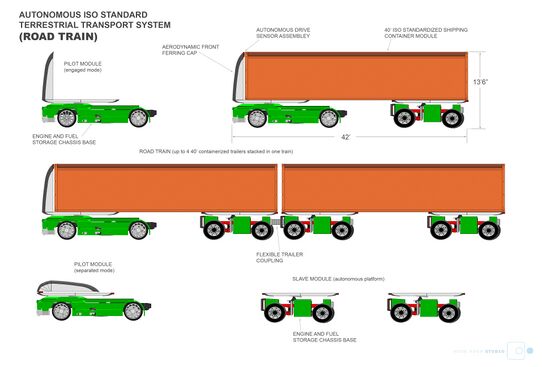Burgoignesc North Levantine Trading Company
 House flag | |
| Company type | Public |
|---|---|
| Industry | International trade |
| Founded | 7 July 1579 |
| Headquarters | , |
| Website | www.BNLTC.ix |
Following the Catholic victory in the Great Confessional War and flush with their new formal assimilation into the Imperial system the enriched and enobled Bergendii elite of the Dericanian coast looked to reestablish their maritime prowess. The newly ordained Duchy of Martilles ordered the establishment of the Martillien North Levantine Trading Company (MNLC) to bolster trade in Northern Levantia with the homelands of the mercenary soldiers with whom Martilliens had recently fought against the Protestant nobles. The charter gave the company the power to control the trading interests of Martillien merchants from "the borders north of the upper reaches of the Kingdom of Dericania unto the lands at the zenith of the His terrestial orb (read Kiravia)".
History
Colonial ventures
Veraise 1593 and Credesia shortly there after until 1812. Chaukhira 1598
Kiro-Burgoignesc Wars
Main article: Kiro-Burgoignesc Wars
Collapse of Kirosocialism
In, 2005 AD (21185 in Anno Kiroalternative (AKa)) with the collapse of Kirosocialism the National Warehouse & Granary Administration was abolished. In the susequent years the Kiraviaian National Redistribution Plans sold off many of its national warehouses, no less than 100 of various capacities were purchased by the BNLTC. These warehouses remain the backbone and conduit of Burgoignesc trade coming into and out of Kiravia. They were given special dispensation to conduct Customs protocols at these warehouses in the early 2020s which has made trade between Burgundie and Kiravia incredibly efficient. One of the unintended consequences is that it has led to the rise of criminal gangs, particularly the Kiravian Mafia, attempting to alter shipments after they have passed customs to smuggle contraband to their branches in Burgundie and to the Martillian Mafia. This has led to a sub-industry of contract security to protect these shipments which has, by the mid 2020s, led to an increase in consumer prices in Burgundie for Kiraviaian goods. The BNLTC and Revenue Guard work in close cooperation with the Kiravian Littoral Force to mitigate this criminal activity but it is known to be on the rise as the Kiravian Mafia allocates more resources to exploiting any vulnerabilities in the security protocols.
Automate 2028 Initiative
Cross Trucking Company's Autoframe 2028 and Doppel Gangway's Knarr Class
Eminent Projects
| Model Name | Specifications | Image | Class |
|---|---|---|---|
| Knarr Class |
|
 |
Autonomous Containership |
| Model Name | Specifications | Image | Class |
|---|---|---|---|
| AutoFrame 2028 |
|
 |
Autonomous Container Truck |
| AutoFrame 2030 |
|
File:AutoFrame2030.jpeg | Autonomous Truck |
Special Outer-Nysdra Exclusionary Trade Agreement
In 2030, Special Outer-Nysdra Exclusionary Trade Agreement was signed with Urcea and approved by the Nysdra Sea Treaty Association (NSTA) relating to trade between the Seneca Islands and Iles Evangeline. The agreement authorizes Burgundie, through the Iles Evangeline, to import an unlimited number of goods into the Seneca Islands, which is normally subject to the trade restrictions established by NSTA. The agreement established the BNLTC as an intermediary firm based in the Seneca Islands that would handle importing of goods for further sale into the NSTA exclusion zone. The amount of goods imported in the exclusion zone through the Senecas is subject to an annual valuation cap (AVC) determined by formula under the terms of the agreement. The AVC is equal to 1/50th of the total annual value of goods imported to the Nysdra every year by Urcea, further modified every year by an index number which calculates the cumulative domestic growth of manufacturing of NSTA participants. This formula is intended to allow for Burgoignesc commerce to flow into the region while ensuring domestic economic capability is not damaged by the trade. Within the Nysdra, the agreement is intended to increase consumer variety, drive down the costs of goods (to a limited degree), and to further drive the development of domestic competitors.